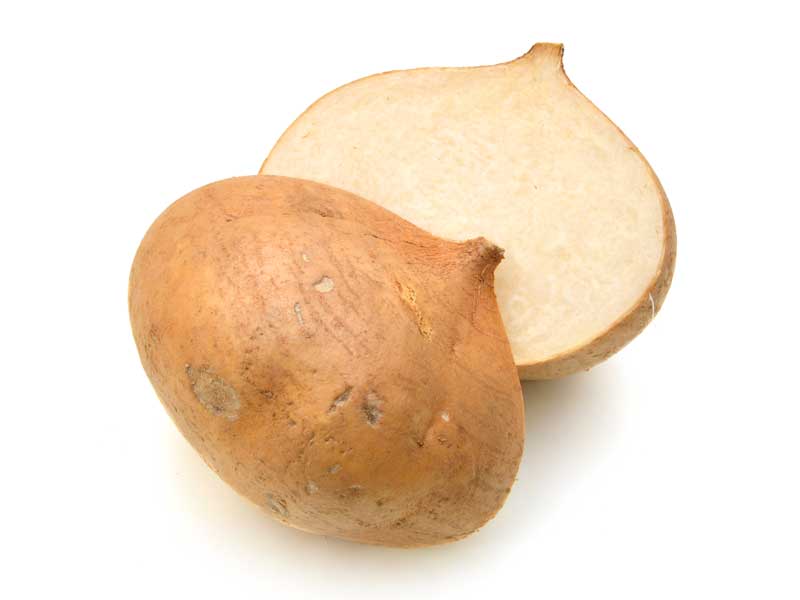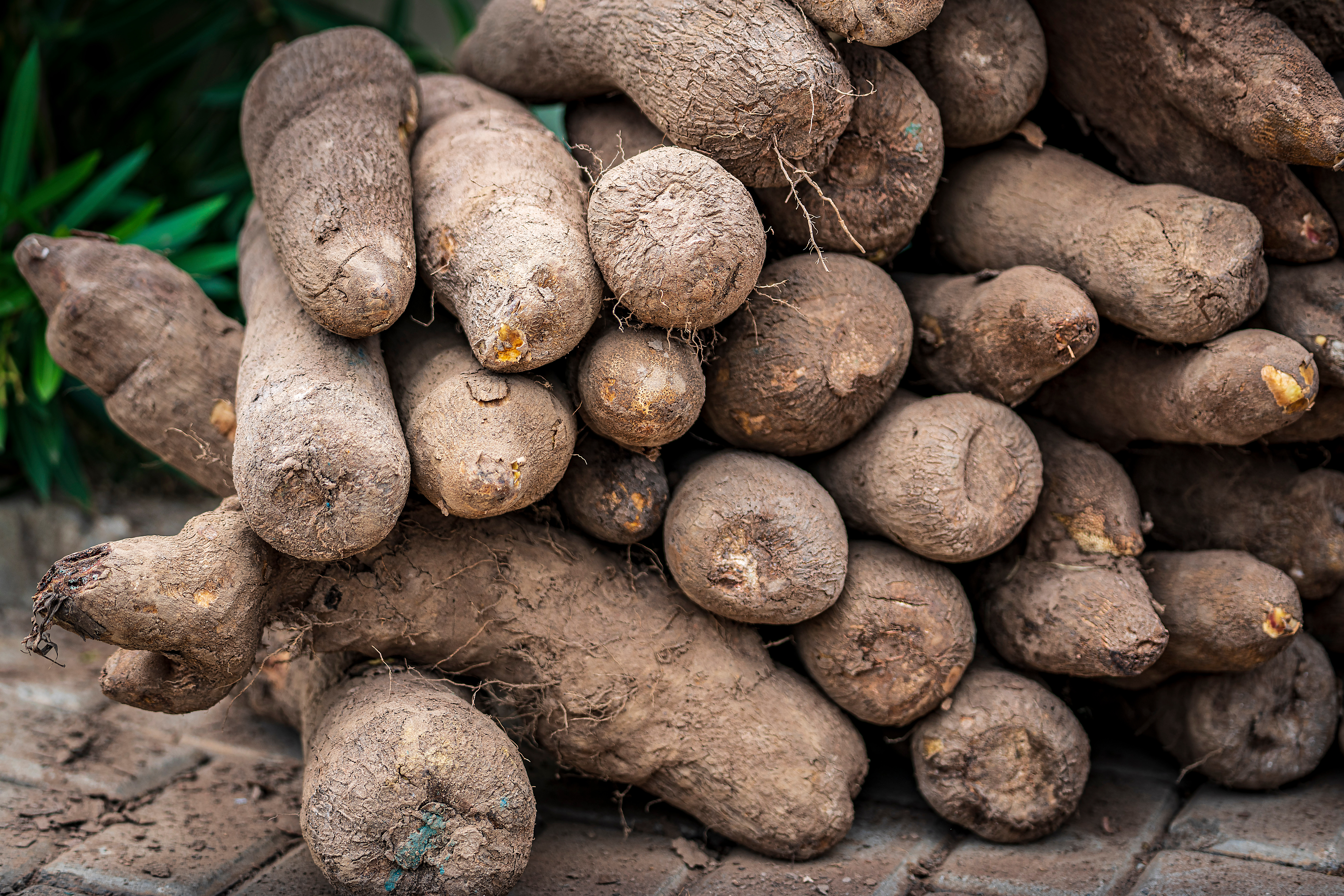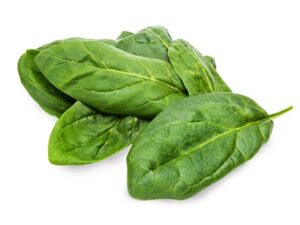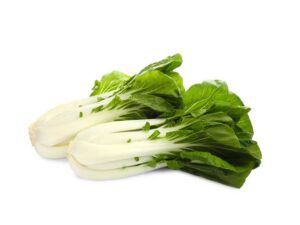VEGETABLE Yam Bean (Jicama) Seeds
Botanical Name: Pachyrhizus erosus
Yam Bean, also known as Jicama, is a crisp, sweet and juicy root vegetable prized in many tropical and subtropical cuisines. Its white flesh has a refreshing, nutty flavour and a crunchy texture that makes it perfect for salads, slaws, and snacking. Grown primarily for its large, underground tuber, yam bean thrives in warm weather and needs a long frost-free growing season. The plant produces vigorous vines that benefit from trellising.
**Important:** Only the root is edible. Leaves, seeds, and pods are toxic and should not be consumed.
Why Grow Yam Bean?
- Crunchy, mildly sweet roots ideal for salads, slaws, and stir-fries.
- Vigorous vine growth—great for vertical gardening with a trellis.
- Produces large, high-yield tubers in warm, frost-free climates.
- Excellent addition to subtropical and tropical vegetable gardens.
- Stores well once harvested and peeled.
Growing Instructions
- Soak seeds overnight to improve germination rates.
- Direct sow into warm soil or raise in trays and transplant after frost.
- Use a sunny, sheltered site with well-drained, fertile soil.
- Provide a trellis or vertical support for the climbing vines.
- Water regularly to promote steady root development.
Plant Details:
Plant Type: Warm-season annual root vegetable with vigorous climbing vines.
Sowing Information:
- Germination: 10 – 14 days
- Depth: Sow seeds 2 – 3 cm deep
- Position: Full sun in a sheltered location
- Sow Where: Direct sow or transplant once established
- Soil Type: Free-draining, compost-enriched soil (pH 6.0 – 7.5)
- Spacing: 30 – 50 cm between plants
When to Sow Yam Bean in New Zealand:
| NZ Region | Sowing Window | Notes |
|---|---|---|
| North Island – Upper (e.g. Auckland, Bay of Plenty) | Spring to early summer | Sow directly after last frost. Requires long, warm growing season. |
| North Island – Lower (e.g. Wellington, Taranaki) | Late spring to early summer | Start indoors or in trays. Use warm beds and trellis early. |
| South Island – Northern (e.g. Nelson, Marlborough) | Early summer | Choose a sheltered, full-sun position with plenty of heat. |
| South Island – Central & Southern (e.g. Canterbury, Otago) | Not recommended unless grown in greenhouse | Needs long season of heat; protect from cold nights. |
Growing Tips for New Zealand Gardeners:
- Warmth is essential—do not plant until all risk of frost has passed.
- Mulch soil to retain heat and moisture during early growth.
- Use black plastic or cloches to warm soil in cooler regions.
- Fertilise every 3–4 weeks with a balanced organic feed.
- Ensure vines are supported and receive full sunlight throughout summer.
Harvest:
Harvest roots 120–150 days from sowing. Lift gently once mature and store in a cool, dry place. Only consume the tuber—discard all other plant parts.




